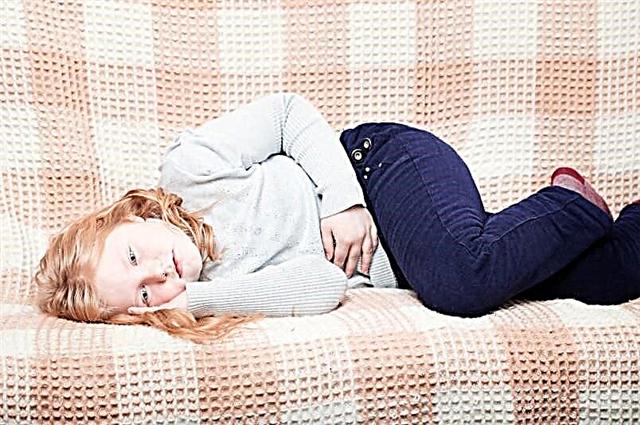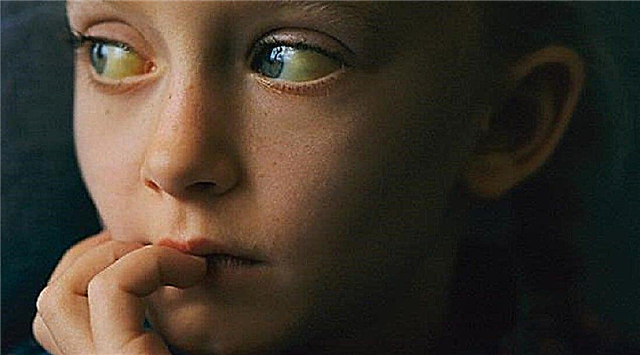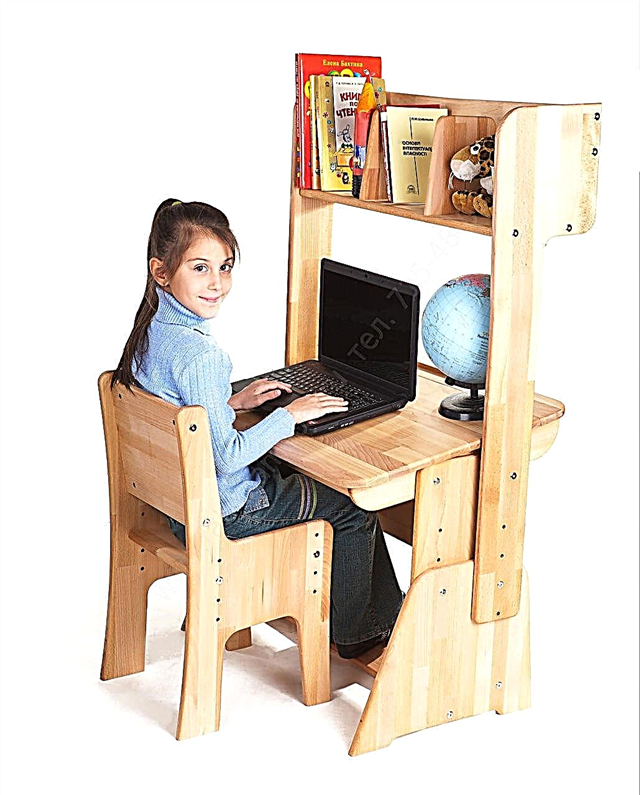When a baby is just born, doctors immediately prescribe him a large number of various examinations to check vital functions: hearing, vision, and the work of the central nervous system. In particular, hearing is mandatory in young children. This is done in order to diagnose serious problems in time, which in the future can significantly slow down the development of the child.

Hearing loss is a dangerous disease
What is audiological screening
Determination of the reflex of newborns during audio screening is an important event. Having received forms from the doctor - referrals for tests and diagnostic procedures, young parents often ask the pediatrician a question: what is audioscreening of newborns? Translated from Latin "audio" means "hearing", the word "screening" can be translated from English as "control", "monitoring". This procedure is the first check of the baby's hearing abilities on an outpatient basis, that is, a planned diagnostic measure.
What is it needed for
Audiological screening of newborns is needed in order to timely determine the pathology of hearing in the baby, for example, hearing loss. This procedure will help:
- Provide assistance to a deaf or hard of hearing child in time;
- Develop an individual rehabilitation program for such a child;
- If necessary, prescribe adequate drug therapy;
- Dispel the worries of parents if the child is healthy.
In the presence of severe hearing impairment, timely screening will help to immediately register the child with a disability group with all the social benefits relying on.

Diagnostics helps to identify the problem in time
Conducting audiological screening for newborns
The study is carried out on the fourth day of the baby's life in the maternity hospital, or, if it was not possible to carry out diagnostics in the maternity hospital, after discharge from the children's clinic. The study should be postponed if:
- the child was born with low birth weight;
- immediately after giving birth, the baby was taken to intensive care;
- the newborn has serious defects that require immediate surgery;
- the baby's life is at risk of any infection or postpartum jaundice.
When is
This procedure is mandatory for all parents of newborns in the children's clinic, but not all of them know that this is an audio screening of newborns. Screening is usually done in the afternoon, about half an hour after the baby's third feed. At this moment, the baby should be absolutely calm, it is desirable that the baby is asleep.

The screening procedure is painless
The first stage of the
At the first stage, a special probe resembling headphones is inserted into the child's ear canal, then the data shown by the device is recorded and analyzed. The procedure is absolutely painless and does not cause discomfort in the child.
In domestic maternity hospitals and children's clinics, the method of audiological screening of the UAE is traditionally used. The main advantages of this method:
- rapidity;
- painlessness for the baby;
- high accuracy of results;
- possibility of application when the child is sleeping.
If necessary (for example, if the screening results are in doubt), the child can be assigned additional examination methods using other equipment.
UAE
Not all young parents know what the UAE is in newborns. OAE is the name given to diagnostic equipment for the determination of hearing loss. After the probe, inserted into the newborn's ear canal, reads the information, the word “Pass” appears on the screen. This means that the newborn is fine with hearing. If the word “Refer” appears on the screen, additional procedures and examinations are mandatory for the baby.

The UAE method is accurate and fast
Additional procedures
Additional procedures are carried out after discharge from the hospital, in the district or regional children's polyclinic in the direction of the district pediatrician observing the baby at the place of residence. Most often, the doctor refers the child to an otolaryngologist for a second study of the UAE. If this time the diagnosis does not reveal hearing impairments, parents do not have to worry. If the result is questionable a second time, the doctor will refer the baby for a consultation at a hearing center.
Description of the audiological screening results
Even those parents who know the answer to the question of what is audiological screening of newborns often do not know how the control results are assessed and how pathology is determined. During screening, the determination of the reflex of newborns is the main criterion for assessing the baby's ability to perceive information by ear.
Normal hearing
If the word “Pass", This suggests that:
- no severe hearing impairment;
- the child is able to hear surrounding sounds and speech addressed to him;
- testing for hearing loss showed a negative result;
- the infant's auditory functions are not impaired.
This result will undoubtedly please the parents.
Impaired hearing
If testing has shown the presence of hearing loss, this result indicates that the baby's hearing functions are partially or completely impaired. In the first case, the child is hard of hearing, in the second case - deaf. These children require special conditions for proper development and growth.
Attention! You should not immediately panic if the screening shows any abnormalities or even pathology. Usually, in this case, the pediatric neonatologist asks the parents to take the test again and re-evaluates the results. An alarm can be false if there are certain errors in the operation of the equipment, especially if old diagnostic equipment is used and the diagnosis is carried out by an inexperienced specialist.
Conducting the second stage of audio screening
The second stage of audioscreening, if the first stage showed the presence of problems, takes place under the guidance of an audiologist. Also, at this stage, a consultation with a neuropathologist is required, since hearing impairments can be the result of serious neurological diseases.
As a rule, at this stage, the baby receives a referral to the regional children's hospital. The examination takes place on an outpatient basis, but for certain manipulations the child can be admitted to the hospital with the mother. You should not refuse hospitalization, since some hearing tests can only be carried out in a hospital, under round-the-clock supervision. The procedures, which can only be performed in a hospital, help to identify the causes of hearing loss and to correct in time.
To get to the audiologist, you must undergo an ENT examination, get a referral from the pediatrician observing the baby at the place of residence, signed by the head of the children's polyclinic. If the examination involves hospitalization, you will need to pass a general urine and blood test, and also get a neuropathologist's conclusion.
Risk factors for hearing loss in newborns
There is a high risk of having a hearing impaired baby if, during pregnancy, the mother:
- smoked;
- drank alcohol;
- has been in contact with harmful chemicals;
- got injured.
Also, the cause of congenital hearing loss in a child can be the stress experienced by the mother while carrying the baby.
Interesting. During the first trimester of pregnancy, a young mother should protect herself from any infections, including acute respiratory infections and the herpes virus (“cold” on the lips). The ingress of viruses into the body of a developing fetus during this period can cause congenital deafness, blindness, and heart defects.
It is known that some parents are dismissive of testing for hearing loss, because they believe: if the family does not have hearing disabilities, the baby is also fine. However, the importance of this type of testing should never be underestimated. You need to conduct the test as early as possible. Deaf and hard of hearing children can be born to perfectly healthy parents for various reasons. Early diagnosis through audio screening will help the child successfully integrate into society and stimulate normal development.



